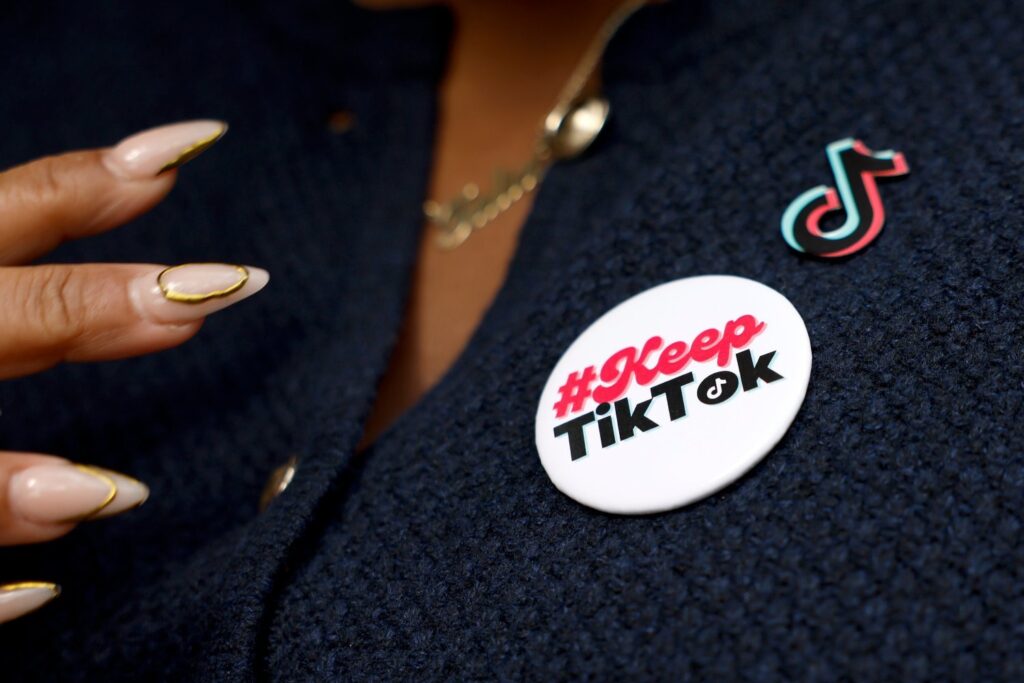TikTok, staring down the barrel of a ban, has secured a chance at throwing a last-ditch Hail Mary to save itself. The Supreme Court has agreed to hear arguments from TikTok and its parent company ByteDance as to why it shouldn’t be banned within US borders. The hearing is set for January 10, just 9 days before the curtains could drop on the short-form video app.
TikTok asked the high court to temporarily block enforcement of a law that would ban the app unless it is sold to an American firm. The court isn’t immediately issuing that emergency relief but will give the platform the opportunity to make its case before its ban is set to take place on January 19. The expectation, per court watchers at The New York Times, is that SCOTUS will make a decision before the sell-or-die deadline hits for TikTok.
The hearing represents the final chance for TikTok to pull its head out of the guillotine. The Protecting Americans from Foreign Adversary Controlled Applications Act, passed earlier this year, gave ByteDance nine months to reach an agreement to divest itself of TikTok over concerns that the platform is operated by a firm that has ties to the Chinese government. A sale has not materialized—and ByteDance apparently did not really go looking for buyers—so the company has focused entirely on legal challenges.
So far, those have fallen flat. TikTok took a challenge to the U.S. Court of Appeals for the District of Columbia Circuit and argued that a ban on the app would represent a violation of the First Amendment, as it would restrict the right of Americans to express themselves on TikTok. The court’s panel of three judges gave that a big thumbs down, stating that the First Amendment exists to protect free speech in the United States, and the ban represents the government acting “solely to protect that freedom from a foreign adversary nation and to limit that adversary’s ability to gather data on people in the United States.”
So it’s onto the Supreme Court for TikTok, where it expects to find friendly judges—or at least ones sympathetic to the idea of a delay. At this point, that might be all TikTok needs. Company CEO Shou Zi Chew made a trip down to Mar-a-Lago to meet with Trump earlier this week and plead his case for blocking the ban. Trump seems to be at least open to this idea, in part because he believes the platform played a part in his electoral victory.
Does it matter that Trump is the person who started the ball rolling on a ban in the first place? Of course not. That was years ago when he thought TikTok would hurt him. Now Trump thinks TikTok is good, actually. And all the company needs is a couple of extra days for Trump to settle back into the White House and issue some form of intervention on the ban.
At this point, even getting the Supreme Court to say it needs more time to hear arguments would constitute a win for TikTok as it would potentially pass the buck to Trump. Time is not on TikTok’s side, but it also doesn’t need much more of it to potentially save itself.







